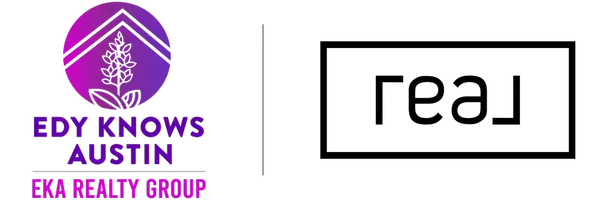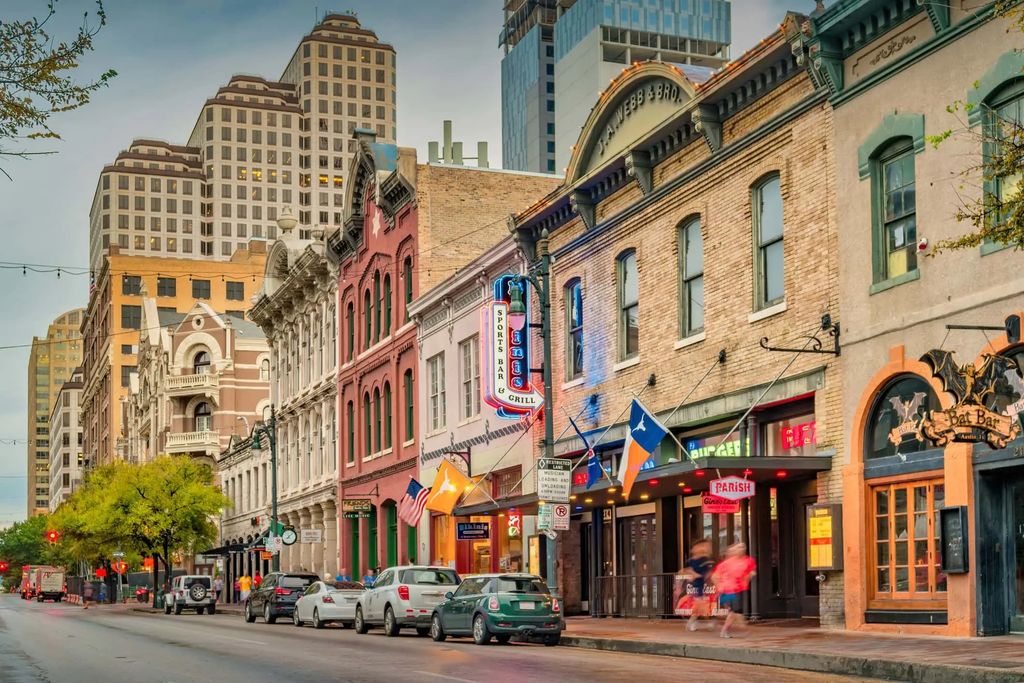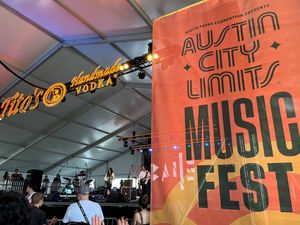FIND YOUR NEW HOME
Austin’s Most Walkable Neighborhoods
As the capital city of Texas, Austin is renowned for its vibrant culture, live music scene, and diverse mix of neighborhoods. For those who enjoy exploring on foot, Austin’s great walkability is vital to experiencing each of these neighborhoods unique charm. From the historic streets of Clarksville
Barton Hills neighborhood is a special place
Top 5 reasons Barton Hills Neighborhood is one of the best neighborhoods in Austin.
This article will give you an insiders guide to life in Barton Hills – and why so many neighbors never want to leave the Barton Hills neighborhood once they get their spot. Case in point, many of the residents purc
Things You Shouldn’t Do When Buying a Home
With a never ending list of everything you ‘should do’ when purchasing a home, it seems counterproductive to focus on what you should not do. But being aware of the dont’s is just as important as the do’s, when it comes to making the biggest financial investment of your life.
And knowing what not
Should I Rent or Buy a Home?
Purchasing a home will inevitably be the biggest financial discussion of your life. And the decision as to whether it is the right time to purchase a home depends on a number of factors. And it is not just your finances.
Although your finances are important, other things you should consider before

Edy Embry
Phone:+1(512) 789-6760
Leave a Message
Keep up with Austin-nomics.





